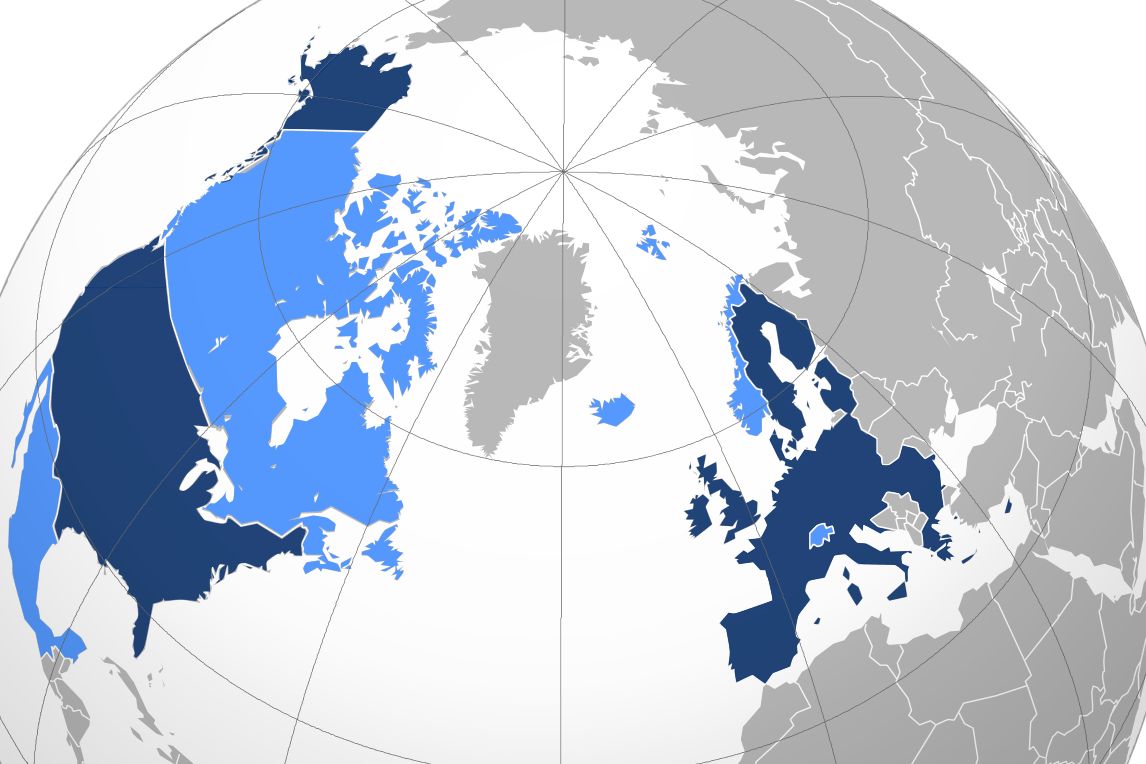Negotiations of the Transatlantic Trade & Investment Partnership resume in Brussels for the 8th round of negotiation
Published:
The 8th round of Transatlantic Trade and Investment Partnership (TTIP) negotiations took place from 2 to 6 February 2015 in Brussels. This is the first round of negotiations after the so-called fresh start of the TTIP negotiations, in which the EU and the US reaffirmed their commitment to the negotiations. On 4 February 2015, ETUCE participated in the two stakeholder events organised by the European Commission. During the TTIP stakeholder presentation event, ETUCE demanded to explicitly carve-out education from the negotiations as have been done for the audio-visual sector based on the public interest in preserving and promoting cultural and linguistic diversity.
ETUCE reminded the EU and the US service negotiators that education is a human right and a public good, and importantly it is the responsibility of governments. Furthermore, the EU public services are underpinned by the principles and values of universal access, democratic control, continuity and equality as set out in the Services of General Interest Protocol no. 26 agreed by the Member States of the EU, which is also part of the TTIP mandate. ETUCE also raised its specific concerns in respect to Investor-State Dispute Settlement (ISDS) and the education sector, in particular regarding possible challenges of quality and accreditation standards as "disguised barriers to trade" or "more burdensome than necessary" through ISDS arbitration. For that reason, ISDS poses very significant risks to the education sector. The ETUCE presentation is available here.
During the Chief Negotiators' briefing, the EU's chief negotiator Bercero said that the 8th TTIP round covers almost all areas of the negotiations with ISDS and competitionbeing the only exceptions. However, there was a clear focus on regulatory cooperation and Bercero commented that this is the most innovative aspect of the TTIP negotiations and it is also totally different from classical trade negotiations. ETUCE insists that regulatory cooperation should not be included in the TTIP as this is not a matter of trade, but concerns regulation, which is and must continue to be the responsibility of democratically elected governments. Bercero announced that the EU's offer on regulatory cooperation will soon be published on its webpage. Answering the question of ETUCE regarding the need to safeguard public services including education in TTIP, the US chief negotiator Mullaney said that TTIP would not result in forced privatisation of public services and that there is a shared view between the US and the EU that TTIP should not deal with liberalisation of public services.